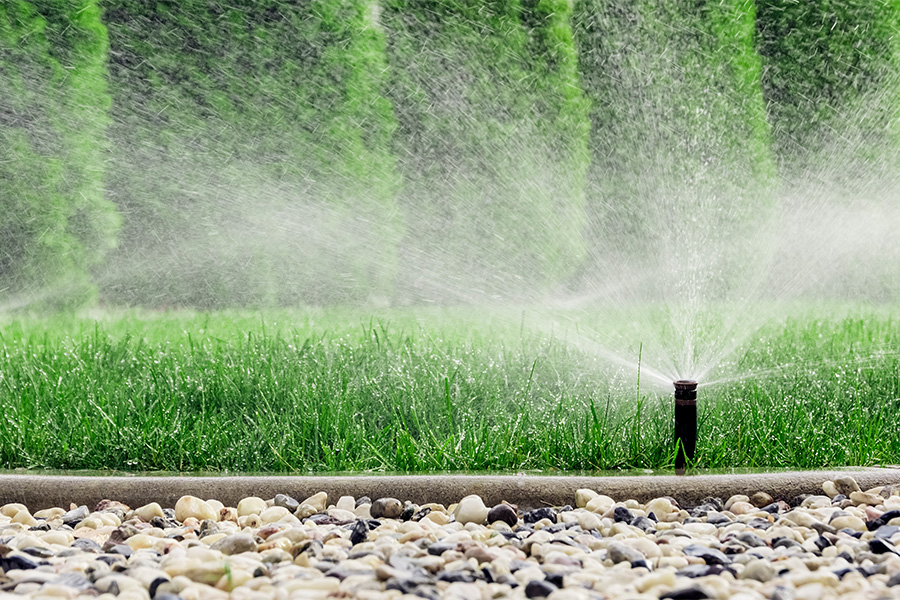Water Use
-

Many Georgia communities are wrestling with wastewater disposal issues. The choices a community makes may affect its growth and environmental quality. This PowerPoint presentation presents the basics of wastewater treatment systems so that community leaders can make better-informed choices.
Julia W. Gaskin, Larry T. West, and Vaughn Berkheiser
|
-

All vegetables, especially tomatoes, like an even supply of water throughout the growing season, and will often develop problems if their water supply fluctuates. If watering restrictions or bans are imposed, water conservation becomes a critical issue.
Bob Westerfield
|
-

Planting ornamental plants correctly increases their survivability and performance in the landscape, and it helps them develop a vigorous, healthy root system that increases their drought tolerance during periods of limited rainfall. This pubication provides research-based guidelines for proper planting.
Sheri Dorn
|
-

Water-wise landscapes not only save water, they save time by requiring less routine care than most traditional landscapes. This publication offers guidelines to help you achieve these goals and conserve water when managing your landscape.
Sheri Dorn
|
-

A landscape designed, installed and managed according to Xeriscaping’s seven steps uses up to 50% less water than a traditional landscape. And, a well-designed water-wise is just as attractive as a traditional landscape.
Rose Mary Seymour and Sheri Dorn
|
-

C 858-12
Arsenic in Your Water
Arsenic in your drinking water poses a threat to your health. Since private systems are more susceptible to arsenic than public water systems, private well owners should take steps to guard their health. Measures include routine water supply testing and wellhead maintenance and protection.
David E. Kissel Ph.D, Uttam K. Saha, and Leticia S Sonon
|
-

This publication is designed to give small market growers, homeowners, and Master Gardener audiences a quick guide to selecting and installing drip irrigation in the vegetable garden.
Bob Westerfield
|
-

Selecting a qualified irrigation contractor is very important. There are many irrigation products available and the installation process requires skill, knowledge and equipment. This publication outlines general considerations for purchasers of a landscape irrigation system. It also underscores the importance of considering the cost of water when selecting a contractor and protecting desirable trees during the installation process.
Gary L. Hawkins
|
-

C 1027-11
Sources of Water for the Garden
This publication discusses the advantages and disadvantages of various sources of water for a community or school garden, including municipal water, rivers or creeks, ponds, wells and rainwater.
Bob Westerfield and David Berle
|